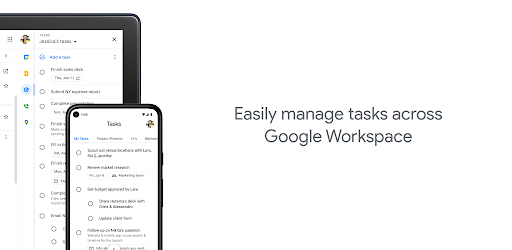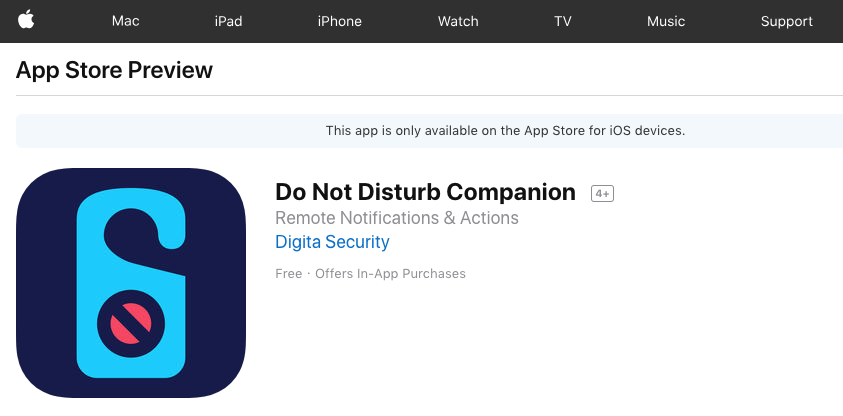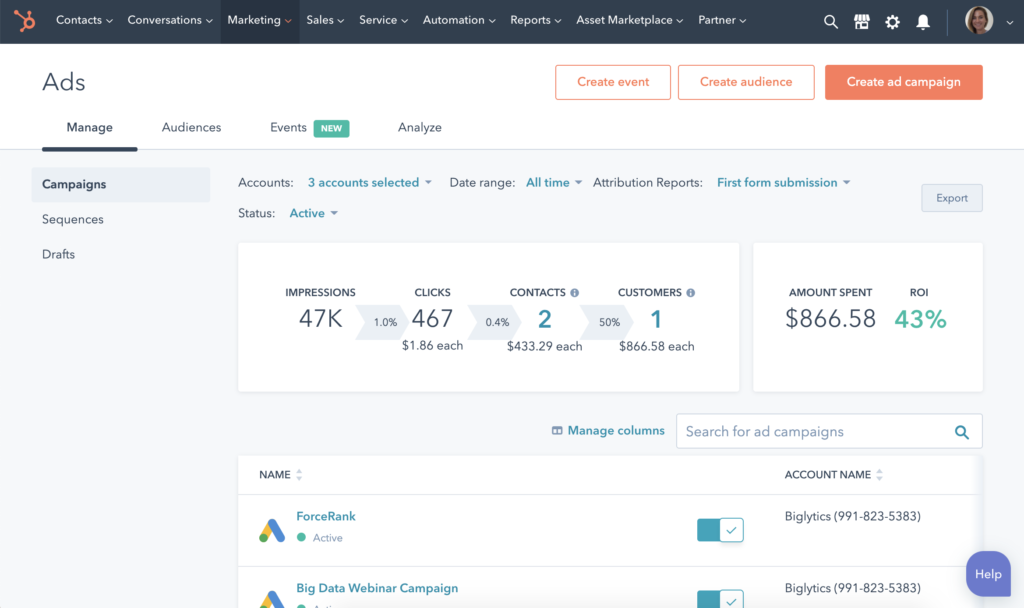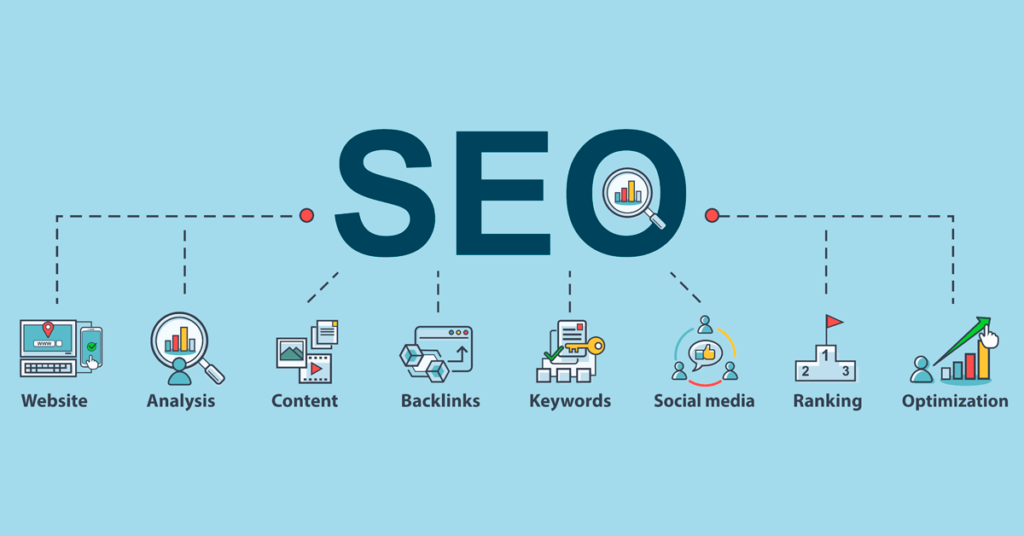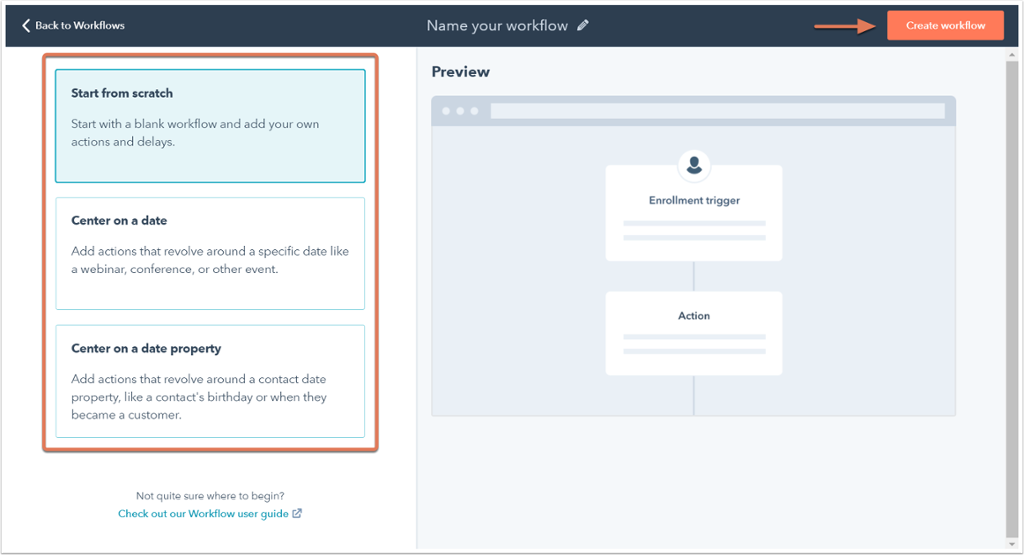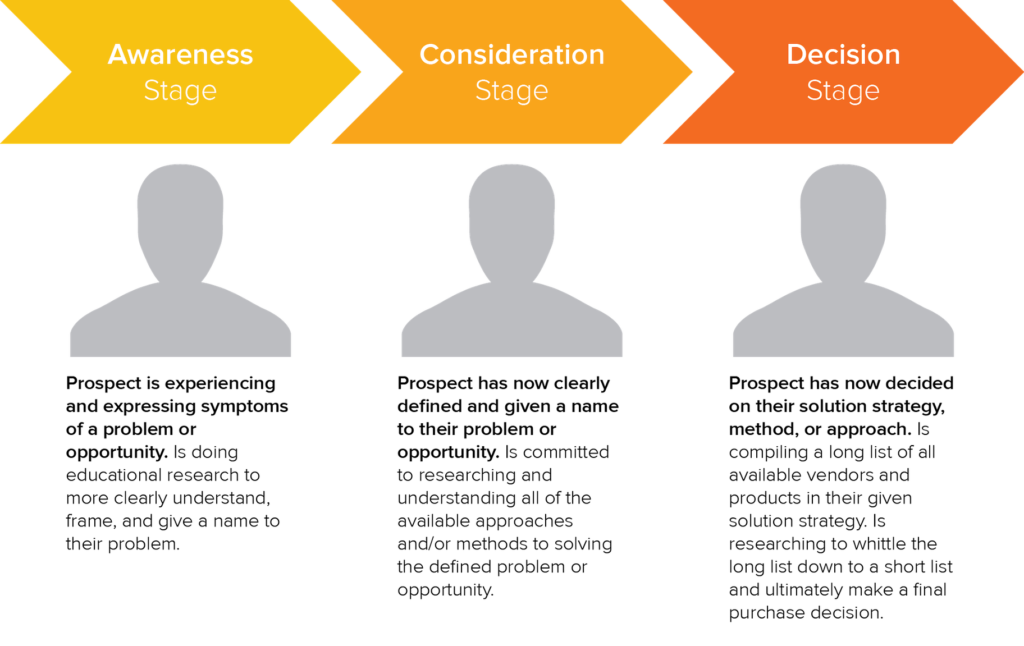What Is Content Marketing?
Terms like Inbound Marketing and Content Marketing are often (wrongfully) used interchangeably. Inbound Marketing incorporates several techniques, of which content marketing is one.
It’s worthwhile looking into Content Marketing, the way it works and the benefits it can give. Currently, over 75% of marketers are increasing their investments in Content Marketing, and over half of those marketers publish weekly or more often. Furthermore, over 50% of companies have put in place an executive to control and supervise an overall content specific marketing strategy. So hop on this train, as we suspect that this isn’t just a short trend. It’s one of the new ways of digital marketing, like Search Engine Optimisation and the use of Google AdWords.
Content Marketing is a self-explanatory term: Marketing through content. This form of marketing focuses on the creation of all types of content. These types may include videos, blogs, e-books, pictures, you name it. Content Marketing focuses on this content so heavily, that the content pieces themselves become products. They become an extra service you deliver. A service on the basis of information.
The main purpose of content marketing is to service your clients with content. This content doesn’t necessarily relate directly to a product or service that the company sells, but rather to the company itself. To understand why this is, you need to understand that Content Marketing revolves around 3 main topics: Reputation, visitors and willingness to buy. You build a reputation for your company through the type, quality and quantity of content you produce. Your aim is to attract visitors by publishing this content and if you’re successful, you do. Lastly, the content is meant to create a so-called sense of “willingness to buy” for your customers or visitors.
Reputation
Reputation is one of the most important things when it comes to your brand or company. Your reputation is one of the first things that your potential customers come in contact with and it determines their attitude towards you for the remainder of the journey – it sets a precedent. Good news, you can control this precedent. We won’t go into the details on a brand’s reputation, and the PR complications and solutions that go hand in hand with this matter.
Content Marketing is one of the tools you can utilise to build your brands reputation in the way you’d like. You don’t need to be the cheapest to get most sales. Good advice, customer service and a customer-friendly approach are key – and Content Marketing can help you foster these aspects. Show off your skill and willingness to help in posting DIY videos or advisory blogs – you’ll find that the options are endless.
Visitors
It’s not just your reputation itself that is of importance. The actual visitors visiting your website, shop or company shouldn’t be forgotten. When it comes to the attracting of visitors, it becomes clear why the topics of your content might not be relevant to your product or services. Try and visualise your content as actual real life objects or things. You know those kiddie playgrounds they put in the middle of an aisle in a shopping centre? That is one of those things. The playground has no relevance to the shopping centre – you can’t buy anything there now can you? No you can’t, but if you’re a mum with 3 kids, it might be an incentive for you to visit that shopping centre.
Thus, playground = more visitors. Translate this into Content Marketing and the equation will read: Content = more visitors. Relevant or not.
Willingness to buy
In order for your products and services to sell, you need people that want to buy them. Simply said, Content Marketing can help you create enthusiasm, spike interest and generate willingness to buy. Make your customers feel like they ‘need’ your product, rather than just ‘want’. Inspire your customer, show them what your products or services offer and produce. Show them why they need it. Inspiration increases willingness to buy.
Examples
Companies like HubSpot have mastered the the intricacies of Content Marketing, and it has become one of their biggest assets. Also true for HubSpot, is the fact that their content has become a product on its own. Their blogs, whitepapers, PowerPoint templates, and other advisory or informative content are what have and continue to credit the company with the esteem it now holds.
Execute your content marketing strategy well, and you’ll find that it brings you more than you invest.
If you’re interested in more information on content marketing, or are looking for some help for your own brand or company, contact Digital8 today!

